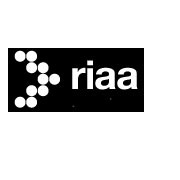 On Sunday, we reported that the RIAA was fighting to make CD ripping illegal.
On Sunday, we reported that the RIAA was fighting to make CD ripping illegal.
After the story hit the internet, an RIAA spokesman rebutted the story.
"The Washington Post story is wrong," said Jonathan Lamy, an RIAA spokesman. "As numerous commentators have since discovered after taking the time to read our brief, the record companies did not allege that ripping a lawfully acquired CD to a computer or transferring a copy to an MP3 player is infringement. This case is about the illegal distribution of copyrighted songs on a peer-to-peer network, not making copies of legally acquired music for personal use."
The trade group then went on to say that Howell had ripped the music to his computer, then placed the ripped tracks into a "shared folder" of a P2P application, basically meaning he had ripped the tracks with the intent to distribute illegally.
Fisher did not back down however, sticking to his story and even responding to the latest RIAA announcement.
"The bottom line is that there is a disconnect between RIAA's publicly stated policy that making a personal copy of a CD is ok and the theory advanced by its lawyers that in fact, transferring music to your computer is an unauthorized act."
"Rather than suing its customers and slamming reporters, the RIAA might better spend its energies focusing on winning back the trust of an alienated consumer base," he added.
Source:
CNet











